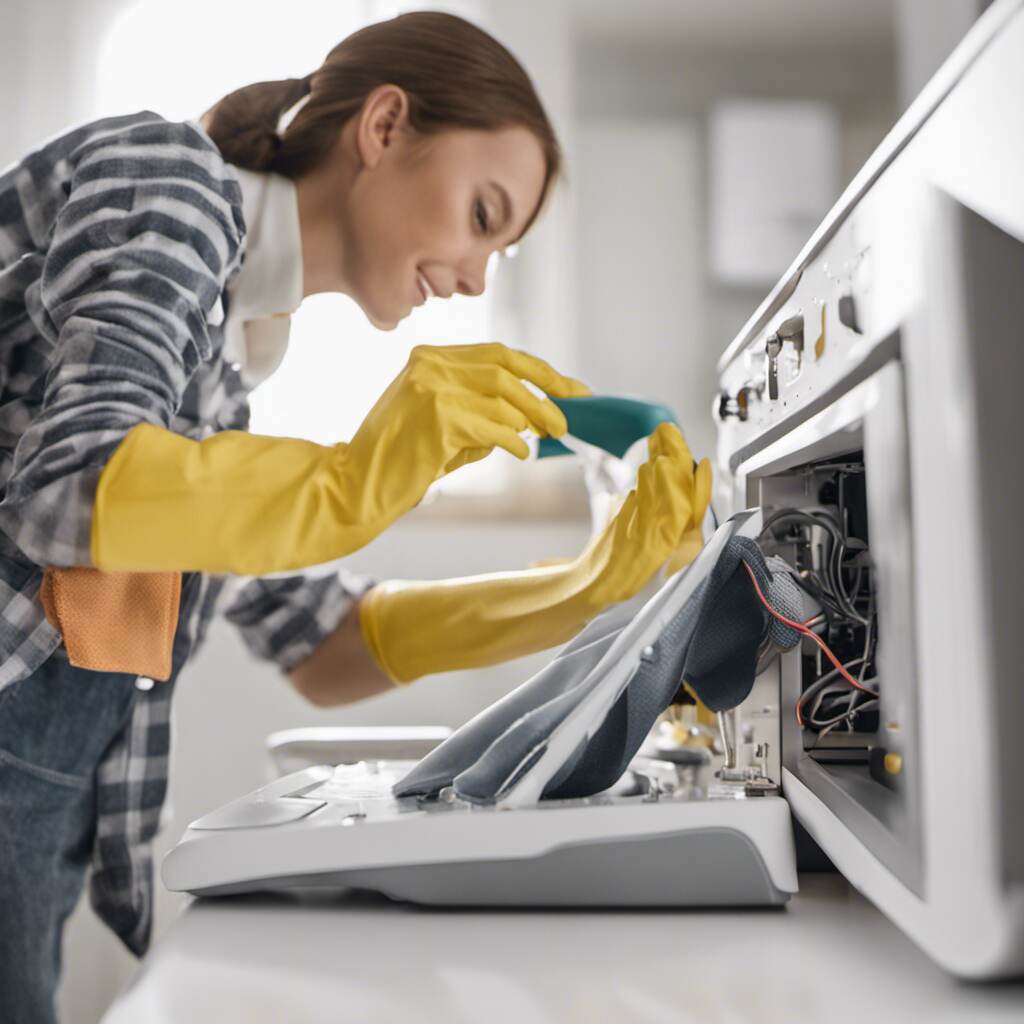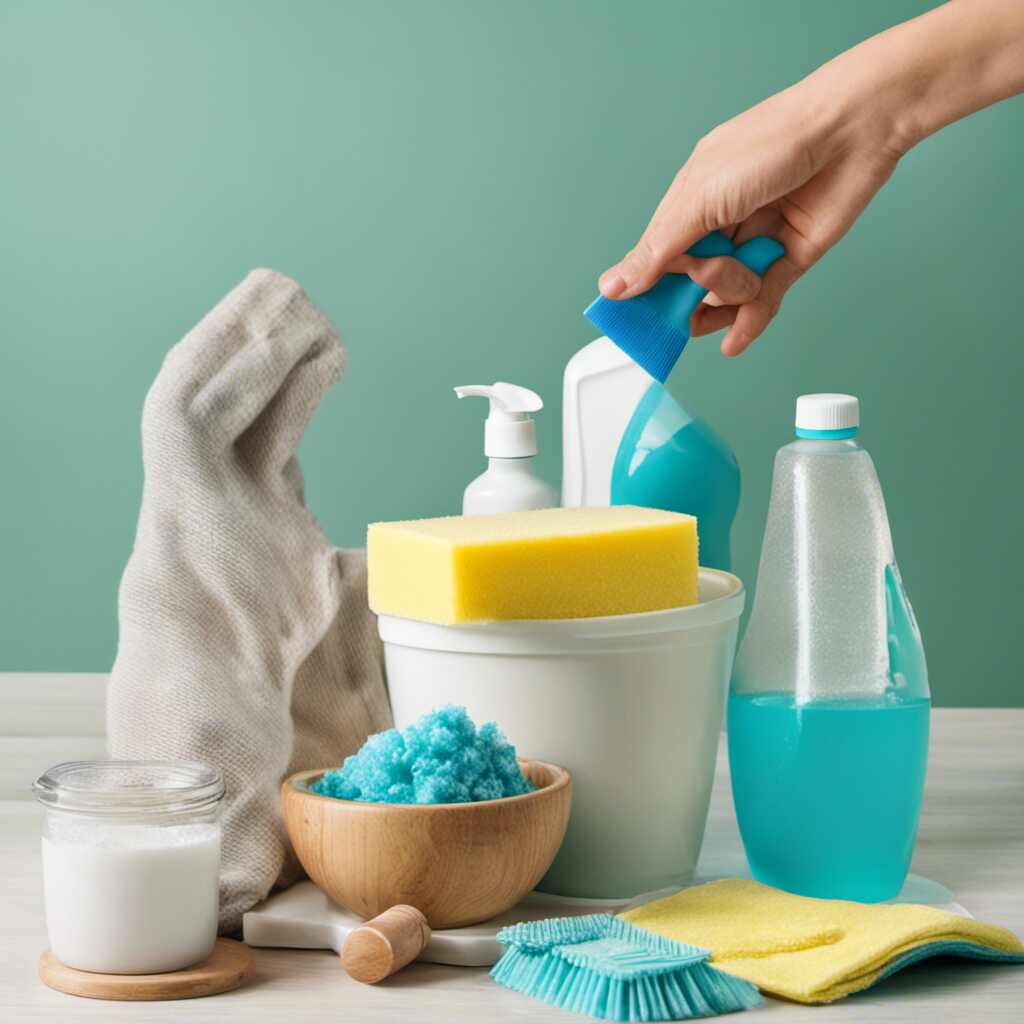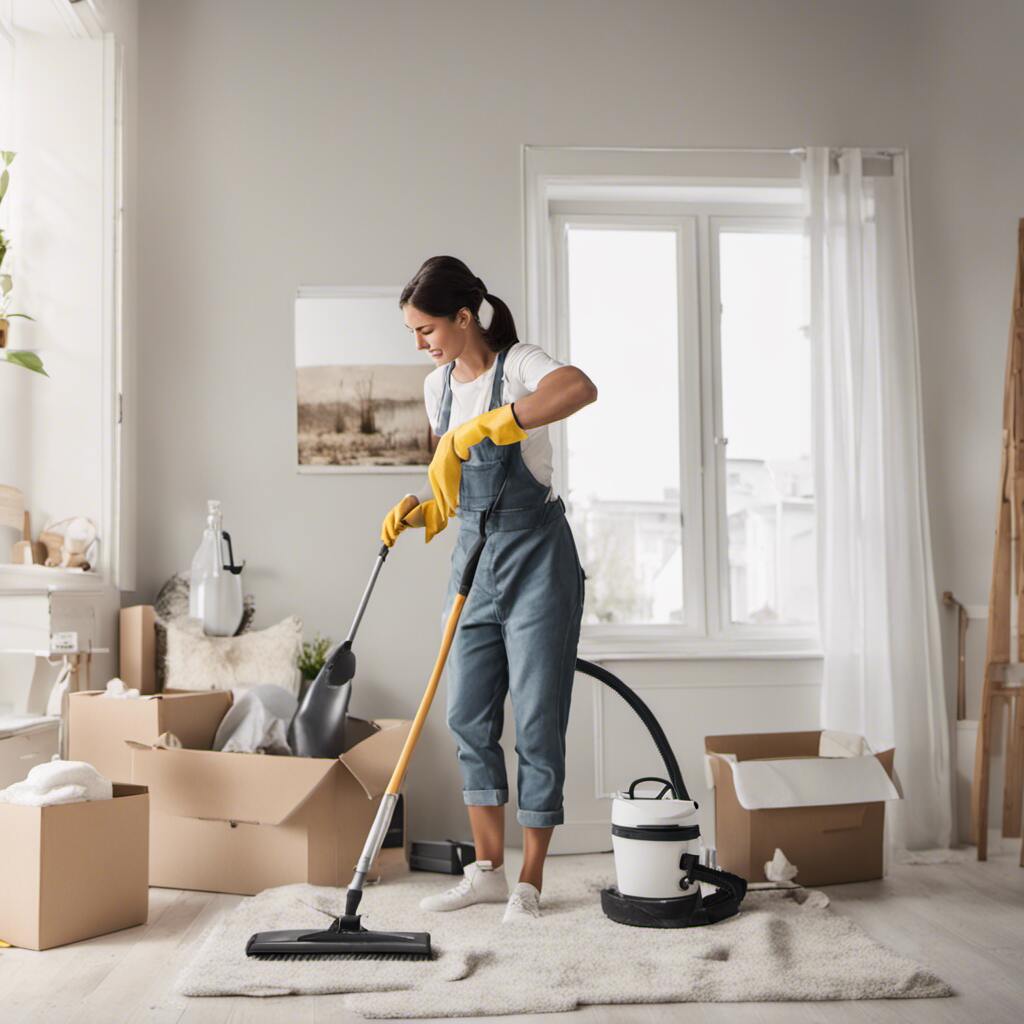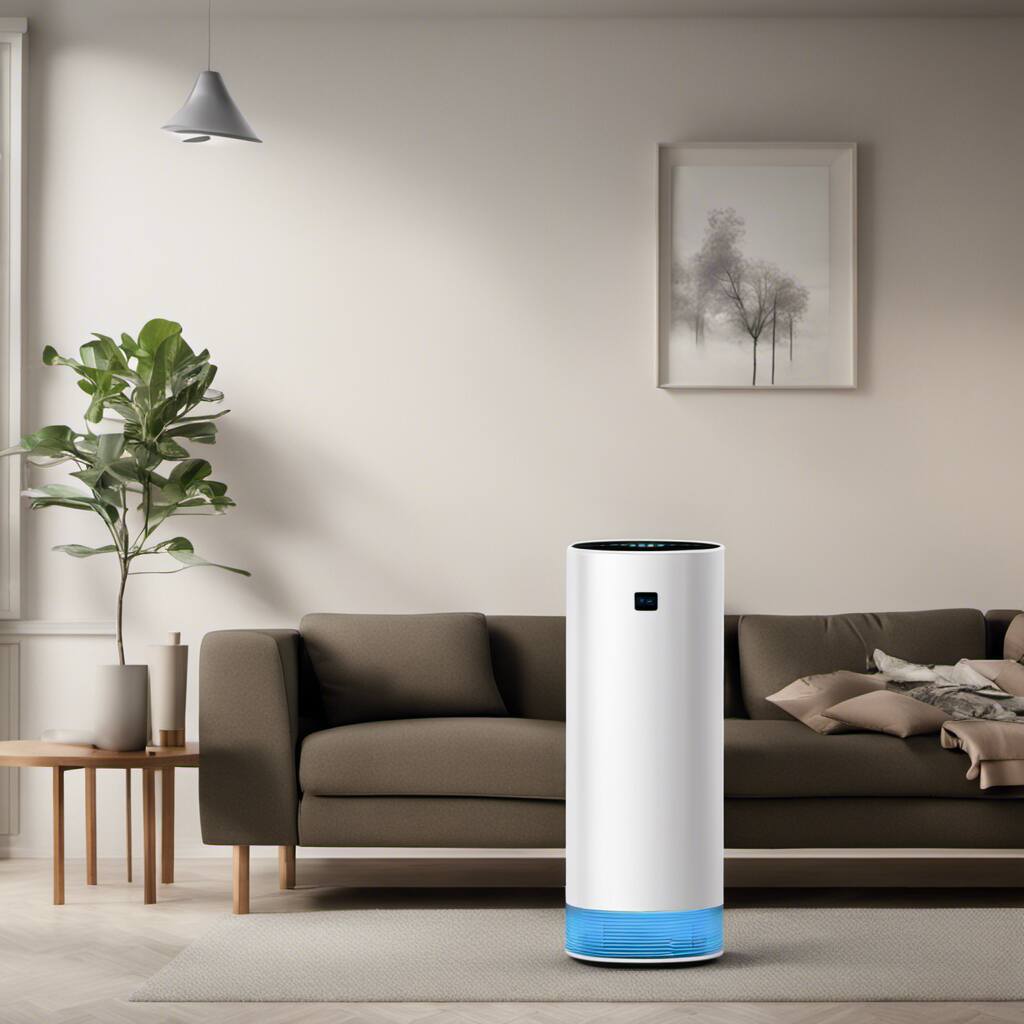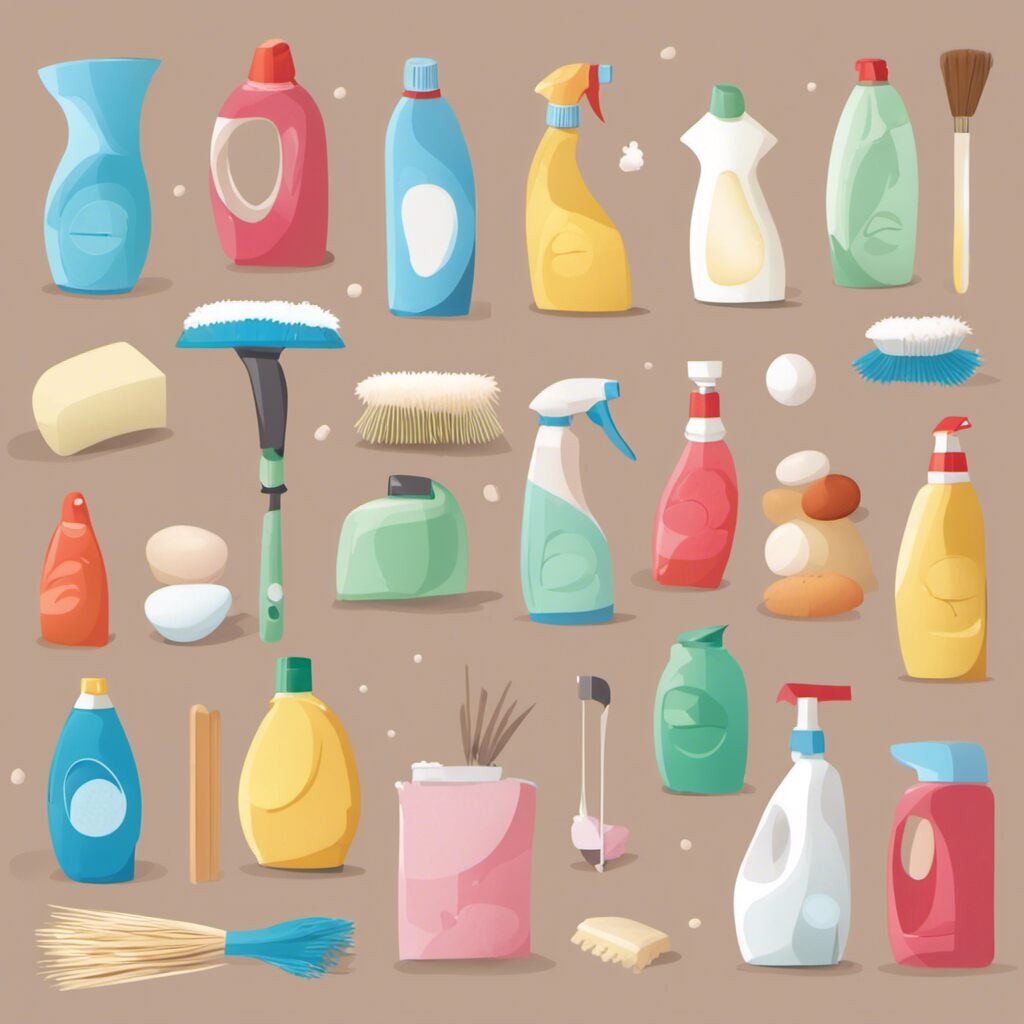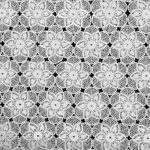Zero-Waste Cleaning: A revolutionary way to keep your home clean while reducing packaging waste! The zero-waste movement has gained significant momentum in a world where environmental issues are becoming more and more prevalent. As we work to lessen our ecological footprint, it is important to extend our commitment to sustainable practises beyond daily routines. One area that frequently goes overlooked is our cleaning habits. In this comprehensive guide, we will cover every aspect of zero-waste cleaning, providing thorough and easy-to-implement advice to help you effortlessly incorporate eco-conscious practises into your cleaning routine.
Here is our related post on How to Create a Cleaning Schedule that Works for You
Understanding Zero-Waste Cleaning
The Essence of Zero-Waste
Zero-waste living revolves around the principles of reducing, reusing, and recycling to minimize the generation of waste. In the context of cleaning, this means finding alternatives to traditional cleaning products and tools that often come in non-recyclable packaging.
The Impact of Traditional Cleaning Products
Conventional cleaning products contribute significantly to plastic pollution and excess packaging waste. Understanding the environmental impact of these items is the first step towards making informed choices for a cleaner and greener lifestyle.
The Three R’s: Reduce, Reuse, Recycle
Embrace the mantra of “Reduce, Reuse, Recycle” in your cleaning routine. Aim to reduce the use of single-use cleaning products, explore reusable alternatives, and ensure that any waste generated is disposed of responsibly through recycling.
Importance of Sustainable Packaging
When selecting cleaning products, prioritize those with sustainable and compostable packaging. This small shift in consumer choices can have a profound impact on reducing the overall environmental footprint associated with cleaning supplies.
Holistic Approach to Zero-Waste Living
Zero-waste cleaning is not just about the products you use—it’s a holistic lifestyle approach. By adopting a mindful attitude towards consumption, you contribute to a sustainable cycle that minimizes waste generation.
See also our post on How to Set Up a Cleaning Schedule for Roommates: Harmony and Hygiene which you would not want to miss.
Zero-Waste Cleaning Products
DIY Cleaning Solutions
Set out to make your own cleaning solutions with basic components like vinegar, baking soda, and essential oils. These DIY substitutes will save you money on packaging and lessen the amount of dangerous chemicals that are present in store-bought cleaners.
Refillable Cleaning Products
Opt for cleaning products available in refillable containers. Many eco-conscious brands offer refill stations, allowing you to replenish your cleaning supplies without contributing to single-use plastic waste.
c. Compostable Cleaning Wipes
Swap traditional disposable cleaning wipes for compostable alternatives. Look for wipes made from plant-based materials that break down naturally, leaving no trace of waste in landfills.
Package-Free Bar Soaps
Explore package-free bar soaps for dishwashing and handwashing. These bars often come in minimal or no packaging, reducing the need for plastic bottles or excessive wrapping.
Biodegradable Cleaning Brushes
Invest in biodegradable cleaning brushes made from materials like bamboo or natural fibers. Not only are these brushes effective for various cleaning tasks, but they also decompose naturally, leaving behind minimal environmental impact.
Click here to have a glance at our post on How to Navigate Seasonal Allergies: Cleaning Tips for Cleaner Indoor Air
Eco-Friendly Cleaning Tools
Reusable Microfiber Cloths
Replace disposable paper towels with reusable microfiber cloths. These durable and washable cloths not only reduce waste but also offer excellent cleaning performance, making them a sustainable alternative.
Sustainable Sponges
Choose sponges made from natural materials like cellulose or plant fibers. These sponges are biodegradable and often come in minimal or recyclable packaging, offering an eco-friendly option for your cleaning arsenal.
Wooden Cleaning Brushes
Opt for cleaning brushes with wooden handles instead of plastic. Wooden brushes are not only aesthetically pleasing but also environmentally friendly, as they can be composted at the end of their life cycle.
Glass or Stainless Steel Spray Bottles
Invest in glass or stainless steel spray bottles for your DIY cleaning solutions. These materials are recyclable and offer a durable, long-lasting option for your cleaning product containers.
Cloth Mop Heads
Consider a mop with a cloth head that can be easily removed and washed. This eliminates the need for disposable mop pads, reducing waste and ensuring a more sustainable approach to floor cleaning.
Waste-Free Cleaning Practices
Mindful Product Consumption
Practice mindful consumption by purchasing only what you need. Avoid falling into the trap of buying excess cleaning products that may go unused, contributing to unnecessary packaging waste.
Bulk Buying for Savings and Sustainability
Explore bulk buying options for cleaning supplies. Purchasing in bulk not only saves money in the long run but also minimizes individual packaging, reducing your environmental impact.
Upcycling for Storage
Repurpose old containers for storing your DIY cleaning solutions. Glass jars, for example, can be cleaned and reused, providing a sustainable and aesthetically pleasing storage solution.
Responsible Disposal of Old Cleaning Tools
When it’s time to part ways with old cleaning tools, ensure responsible disposal. Check local recycling programs for guidelines on how to properly dispose of or recycle items like brushes, sponges, and mop heads.
Education and Advocacy
Become an advocate for zero-waste cleaning in your community. Share your knowledge and experiences with friends and family, encouraging them to adopt sustainable practices in their cleaning routines.
Overcoming Challenges in Zero-Waste Cleaning
Navigating Limited Options
In some regions, finding zero-waste cleaning products may be challenging. Overcome this by exploring online retailers that specialize in eco-friendly, package-free alternatives, expanding your access to sustainable options.
DIY Challenges
For those new to DIY cleaning solutions, overcoming the learning curve might seem daunting. Start with simple recipes and gradually experiment with more complex formulations as you become more comfortable with the process.
Initial Investment Concerns
While sustainable cleaning products and tools may have a slightly higher upfront cost, view it as an investment in both your home and the environment. Consider the long-term savings and benefits to make an informed decision.
Resistance to Change
Resistance to change is a common obstacle when transitioning to a zero-waste cleaning routine. Approach the shift gradually, making small changes over time to allow for a more manageable and sustainable adjustment.
Balancing Convenience and Sustainability
Finding the right balance between convenience and sustainability is crucial. Identify solutions that align with your lifestyle, ensuring that sustainable practices seamlessly integrate into your daily routine.
See also our post on How to Set Up a Cleaning Schedule for Roommates: Harmony and Hygiene
Conclusion
Starting a zero-waste cleaning journey is not just a commitment to a cleaner home, but also to a healthier planet. You can turn your cleaning routine into a sustainable beacon by learning about the principles, selecting eco-friendly products, adopting waste-free practices, and overcoming obstacles. Let the maxim “reduce, reuse, and recycle” lead you to a zero-waste lifestyle, where every scrub, wipe, and spray makes a difference in a cleaner, greener future for future generations. Celebrate the transformative power of zero-waste cleaning and take the first steps towards a home that shines with both cleanliness and environmental responsibility.
